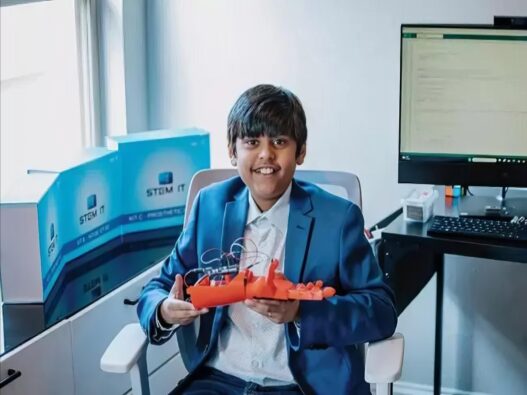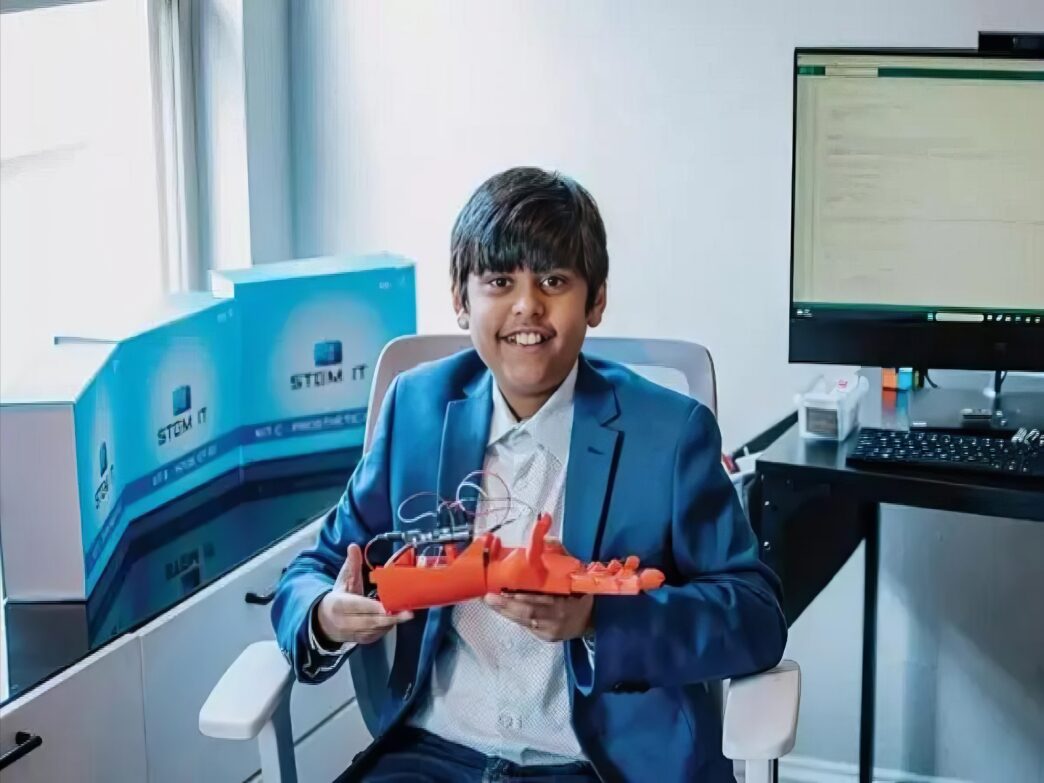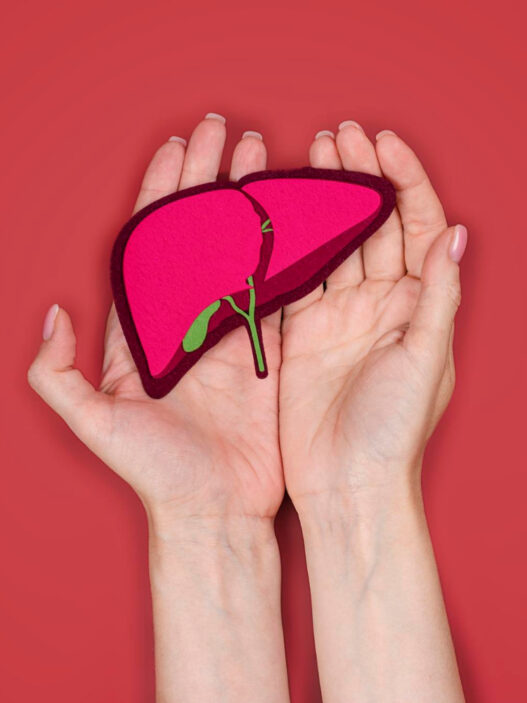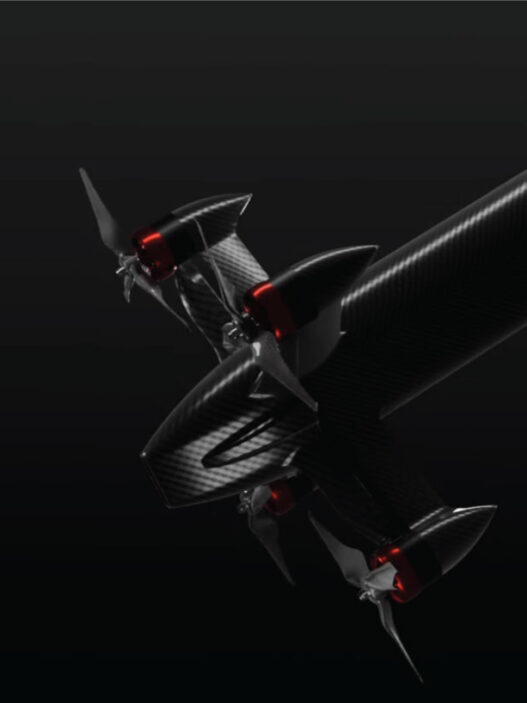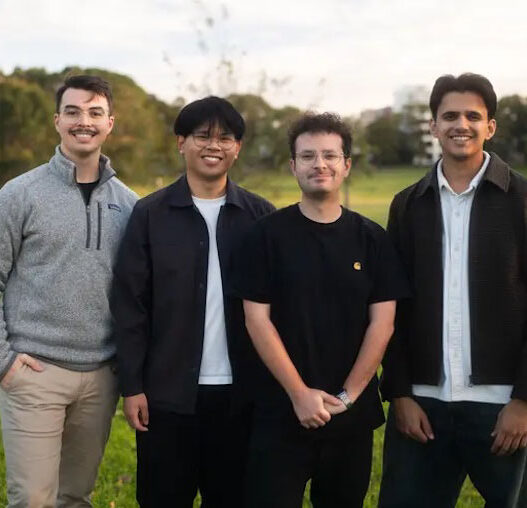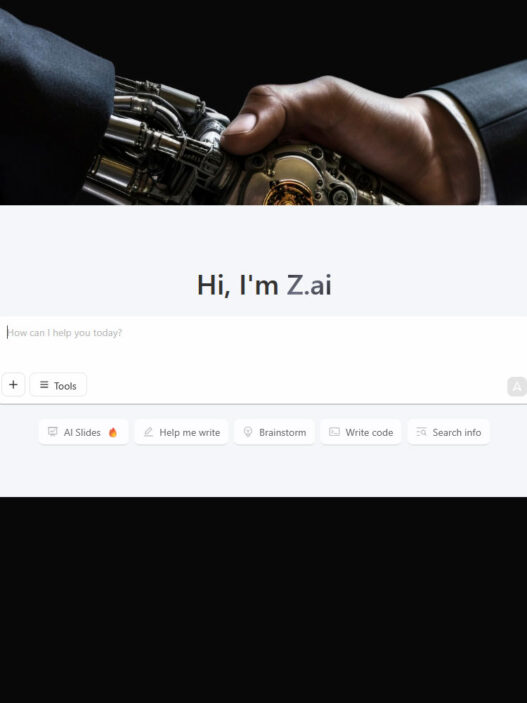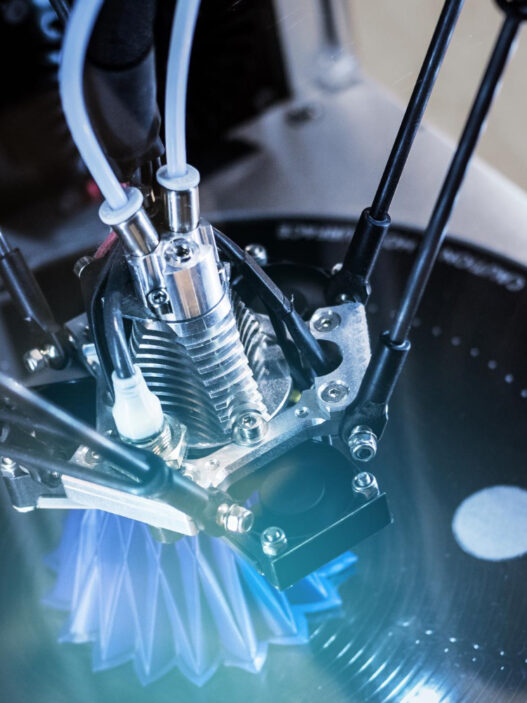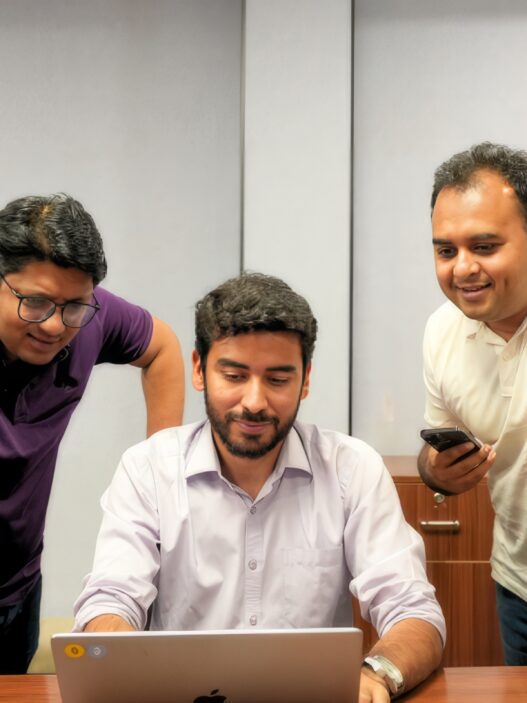Imagine holding a smartphone to your chest and, in the time it takes to hum your favorite tune, learning whether your heart is healthy. That’s-fi fantasy—it’s the reality crafted by 14-year-old Siddharth Nandyala. With CircadiaV, his AI-powered app, this young Indian-American is rewriting the rules of early heart disease detection—spotting potential problems in just seven seconds.
From Backyard Curiosity to Global Breakthrough
Siddharth’s journey began like many curious kids’: tinkering with gadgets and devouring science videos. Born in Anantapur, Andhra Pradesh, he moved with his family to Frisco, Texas, at age five. By nine, he was coding; by 12, he’d become the world’s youngest AI-certified professional with credentials from Oracle and ARM. Yet his proudest achievement arose from personal loss: the passing of his grandfather to undiagnosed heart failure. Determined to democratize early screening, Siddharth dove into acoustic analysis and machine learning, giving birth to CircadiaV.
How CircadiaV Works
CircadiaV harnesses the phone’s microphone as a digital stethoscope:
- Recording: The user places the smartphone against their chest.
- Noise Filtering: Algorithms strip away ambient sounds—traffic, chatter.
- AI Analysis: Within seven seconds, a cloud-based neural network decodes heart sounds, flagging murmurs, arrhythmias, or valve anomalies.
- Instant Feedback: A simple, color-coded report—green for clear, yellow for caution, red for potential concern—with over 96% accuracy
This rapid, non-invasive approach slashes screening time and cost, empowering even remote clinics lacking specialized equipment.
Trials, Triumphs, and Testimonials
CircadiaV isn’t just a demo—it’s been validated on 15,000 patients in the U.S. and 700 in India, including trials at Guntur Government General Hospital (GGH). In regions where cardiology experts are scarce, CircadiaV serves as a vital triage tool, guiding referrals and potentially saving lives through early intervention.
“In communities with limited healthcare access, this technology can be a game-changer,” affirms Dr. Rashmi Rao of GGH (quoted to The Logical Indian).
A Young Visionary Meets His Roots
News of Siddharth’s invention traveled thousands of miles back to his birthplace. In March 2025, Andhra Pradesh Chief Minister N. Chandrababu Naidu personally invited the teenager to the Secretariat in Amaravati, lauding CircadiaV as a “medical breakthrough” and pledging government support
“I am very impressed by Siddharth’s extraordinary talent and dedication to using technology for the benefit of humankind. At such a young age, he is an inspiration to us all. I wholeheartedly encourage him to pursue his passion for healthcare technology and assure him of our full support in all his endeavours,” Naidu stated to CNBC TV18
Deputy Chief Minister Pawan Kalyan also extended his congratulations, praising how “Telugu talent on the global stage” was reshaping healthcare (attributed to India Today).
Beyond CircadiaV: Inspiring the Next Generation
Siddharth’s ambitions extend far beyond heart sounds. As founder and CEO of STEM IT, he mentors students in coding, robotics, and AI, igniting passions that once fueled his own discoveries. He’s already sketching designs for an affordable EEG-driven prosthetic arm, aiming to cut costs from hundreds of thousands of dollars to mere hundreds—a testament to his knack for fusing empathy with engineering.
Why This Matters
Heart disease claims nearly 18 million lives each year worldwide, many preventable with timely diagnosis. By distilling sophisticated acoustics and AI into a pocket-sized tool, Siddharth Nandyala offers hope: early detection, equitable access, and a new chapter in preventive medicine. His story reminds us that innovation knows no age—and that sometimes, the biggest solutions come from the smallest hands.








